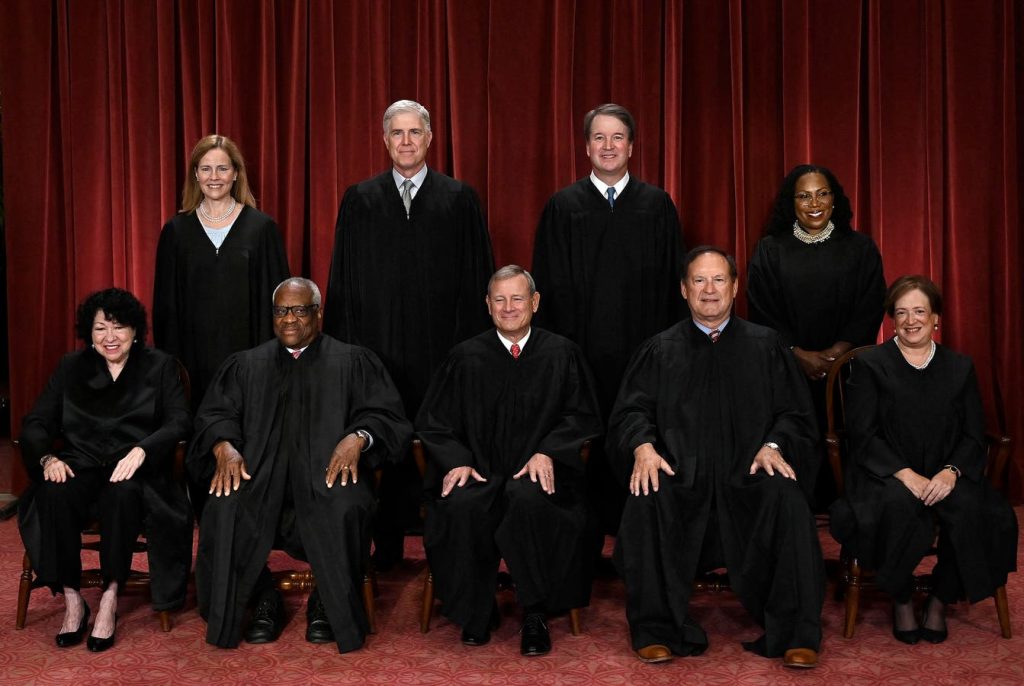The Corporate Transparency Act (CTA) has faced a series of legal battles, with the Department of Justice recently filing an application with the U.S. Supreme Court to enforce the Act while appeals are ongoing. The application seeks to halt a nationwide preliminary injunction that had barred the enforcement of beneficial ownership information reporting. The government argues that Acts of Congress should remain in effect until a final decision is reached by the Supreme Court, similar to arguments made in the Fifth Circuit.
The confusion surrounding the enforcement of the CTA stemmed from conflicting rulings by different Fifth Circuit panels. Initially, a panel granted the government’s request to stay the injunction, allowing enforcement, but this decision was later reversed by another panel, blocking enforcement. This back and forth has caused uncertainty and grief for business owners and advisors, particularly during the holiday season.
The legal battle began with a ruling by U.S. District Court Judge Mazzant in Texas Top Cop Shop, Inc., et al. v. Garland, et al., granting a preliminary injunction requested by the National Federation of Independent Business (NFIB) to block the enforcement of the CTA’s reporting requirements. The government appealed this decision to the Fifth Circuit, leading to the issuance of conflicting rulings on the enforcement of the Act.
The government’s request to the Supreme Court aims to secure a stay of the district court’s injunction to allow for enforcement of the BOI reporting requirements. Alternatively, the government suggests a more limited stay that protects respondents and members of NFIB identified in the complaint. The Supreme Court may also consider the government’s request as a petition for a writ of certiorari before judgment to address the question of whether the district court exceeded its authority in issuing a nationwide injunction.
In addition to the Top Shop case, there are other legal challenges to the CTA in various courts across the country. A ruling by U.S. District Judge Liles C. Burke in Alabama deemed the Act unconstitutional, leading to an appeal by the federal government. Oral arguments have been heard in some of these cases, and the Supreme Court’s decision on the government’s application could have significant implications for future challenges to federal laws.
The Supreme Court’s decision on whether to grant the government’s application and hear the case could have far-reaching consequences beyond the enforcement of the CTA. The question of the district court’s authority to issue a nationwide injunction could have broader implications for future lawsuits challenging federal laws, making this case one to watch closely in the coming months.















